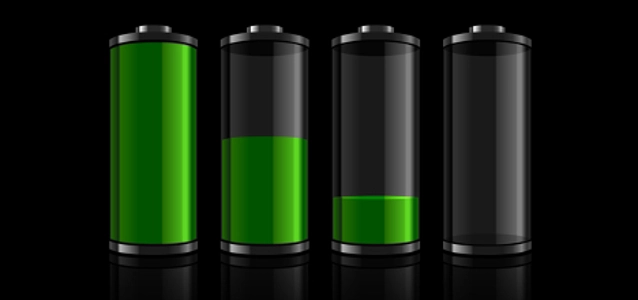
© scanrail dreamstime.com
General |
EU Commission to support pan-European battery development
Seven member states will provide, in the coming years, up to EUR 3.2 billion in funding to support research and innovation in the common European priority area of batteries.
The European Commission has approved under EU State aid rules an Important Project of Common European interest (IPCEI) jointly notified by Belgium, Finland, France, Germany, Italy, Poland and Sweden to support research and innovation in the area of batteries.
The countries will, as stated earlier, provide EUR 3.2 billion in funding for this project, which is expected to unlock an additional EUR 5 billion in private investments. The completion of the overall project is planned for 2031.
The project will involve 17 direct participants, mostly industrial actors, including small and medium-sized enterprise, some of which with activities in more than one member state. The participants will closely cooperate with each other and with over 70 external partners across Europe.
The project involves ambitious research and development activities to deliver beyond the state-of-the-art innovation across the batteries value chain, from mining and processing the raw materials, production of advanced chemical materials, the design of battery cells and modules and their integration into smart systems, to the recycling and repurposing of used batteries.
More specifically, the project participants and their partners will focus their work on four areas.
Raw and advanced materials: The project aims to develop sustainable innovative processes allowing extraction, concentration, refining and purification of ores to generate high-purity raw materials. With respect to advanced materials (such as cathodes, anodes and electrolytes), the project aims to enhance existing materials or create new ones, to be used in innovative battery cells.
Cells and modules: The project aims to develop innovative cells and modules designed to meet the safety, and performance required for both automotive and non-automotive applications (e.g. stationary energy storage, power tools, etc.).
Battery systems: The project aims to develop innovative battery systems including battery management software and algorithms as well as innovative test methods.
Repurposing, recycling and refining: The project aims to design safe and innovative processes for collection, dismantling, repurposing, recycling and refining of recycled materials.
